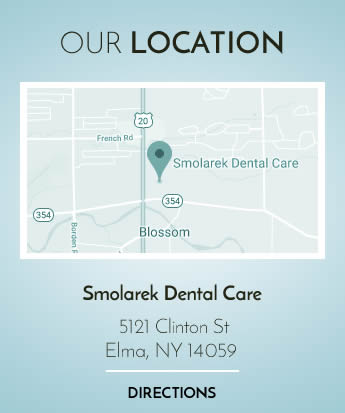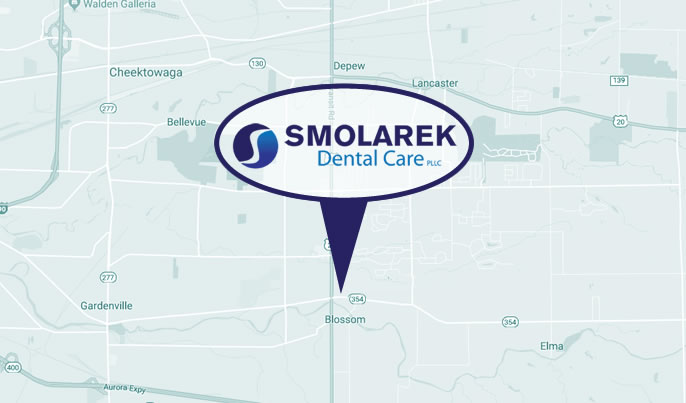Did you know that an estimated 40 million Americans avoid dental care because of fear and anxiety? Without regular trips to the dentist, your smile’s brilliance may diminish and your oral health can suffer. Sedation dentistry, a term that describes the methods used to manage patient pain and anxiety, allows dentist to keep help people relax while at the same time allowing patients to respond to physical stimulation and verbal command.
When to Consider Sedation Dentistry
You deserve a healthy, fabulous smile. Putting off routine checkups and minor repairs can result in the need for much more invasion therapy. If you have avoided treatment because you dislike dental visits, sedation dentistry can allow you to comfortably receive the care you need. Sedation dentistry is ideal for people who have:
- A high level of fear or anxiety
- Suffered past traumatic dental experiences
- Difficulty in getting numb
- An overactive gag reflex
- Very sensitive teeth
- Complex dental problems
- The need to squeeze several procedures into a limited time period
- A fear of needles and shots
- A strong dislike of the noises, smells and taste associated with dental care
- TMJ-related difficulties where it is uncomfortable to open their mouth for extended periods
Understanding Sedation Dentistry
The three common types of sedation are:
- Inhalation sedation like as nitrous oxide (also known as laughing gas or happy gas). Often, your dentist will also provide a local anesthetic with laughing gas to avoid any pain.
- Oral sedation, which involves pills or liquid taken through the mouth. The medication allows patients to enter a state of total relaxation during treatment. Usually, patients also receive an injection of local anesthetic as well.
- Intravenous (IV) sedation sedatives administered directly into the blood-stream through the vein for the deepest level of sedation without general anesthesia.
If you choose oral or IV sedation, a responsible companion must accompany you to and from the visit. Before any dental procedures commence, the sedating effects of the medicine will cause the patient to become drowsy and relaxed. The dental team will attach the patient to a monitor so that the dentist can keep track of vital signs. At the completion of the dental procedures, you will be allowed to recover from the effects of the sedation before leaving the office with a friend or relative. Feel free to resume normal activities sometime in the next 12 to 24 hours, but someone should stay with you for the first few hours at home.
Is it really Sleep Dentistry?
Though sedation dentistry has also been referred to as sleep dentistry, this terminology is inaccurate. Patients will feel very drowsy during the procedure and will not remember most of their time in the dental chair. However, you are actually awake throughout the treatment process.
Sedation dentistry describes the methods used by dentists to manage patient pain and anxiety while at the same time allowing the patient to respond to physical stimulation and verbal command.



